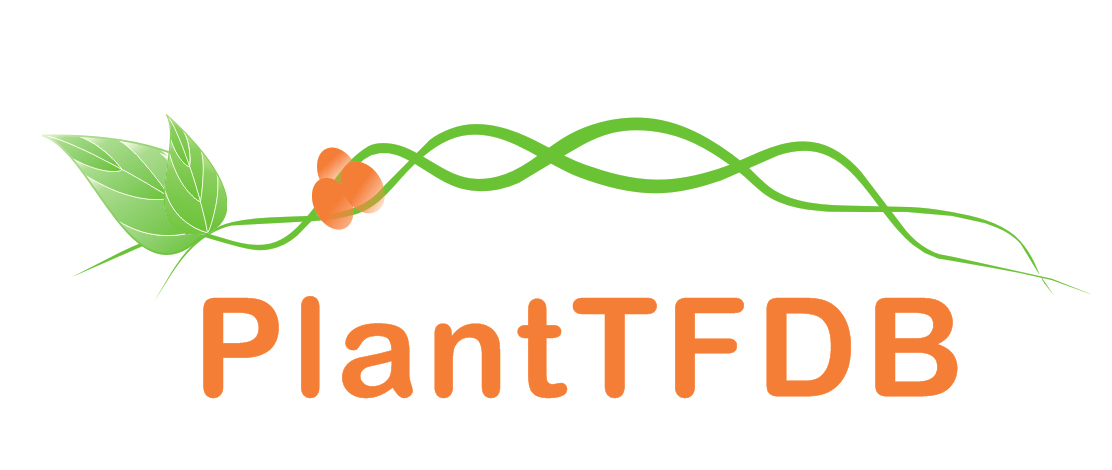 |
PlantRegMap/PlantTFDB v5.0
Plant Transcription
Factor Database
|
| Home TFext BLAST Prediction Download Help About Links PlantRegMap |
MYB factors represent a family of proteins that include the conserved MYB DNA-binding domain.The first MYB gene identified was the "oncogene" v-Myb derived from the avian myeloblastosis virus . Evidence obtained from sequence comparisons indicates that v-Myb may have originated from a vertebrate gene, which mutated once it became part of the virus. Many vertebrates contain three genes related to v-Myb c-Myb, A-Myb and B-Myb and other similar genes have been identified in insects, plants, fungi and slime moulds. The encoded proteins are crucial to the control of proliferation and differentiation in a number of cell types, and share the conserved MYB DNA-binding domain. This domain generally comprises up to three imperfect repeats, each forming a helix-turn-helix structure of about 53 amino acids. Three regularly spaced tryptophan residues, which form a tryptophan cluster in the three-dimensional helix-turn-helix structure, are characteristic of a MYB repeat. The three repeats in c-Myb are referred to as R1, R2 and R3; and repeats from other MYB proteins are categorised according to their similarity to either R1, R2 or R3.
In contrast to animals, plants contain a MYB-protein subfamily that is characterised by the R2R3-type MYB domain. MYB proteins can be classified into three subfamilies depending on the number of adjacent repeats in the MYB domain (one, two or three). We refer to MYB-like proteins with one repeat as "MYB1R factors", with two as "R2R3-type MYB" factors, and with three repeats as "MYB3R" factors.
Stracke R, Werber M, Weisshaar B.
The R2R3-MYB gene family in Arabidopsis thaliana.
Curr Opin Plant Biol. 2001 Oct;4(5):447-56. Review.
PMID: 11597504



